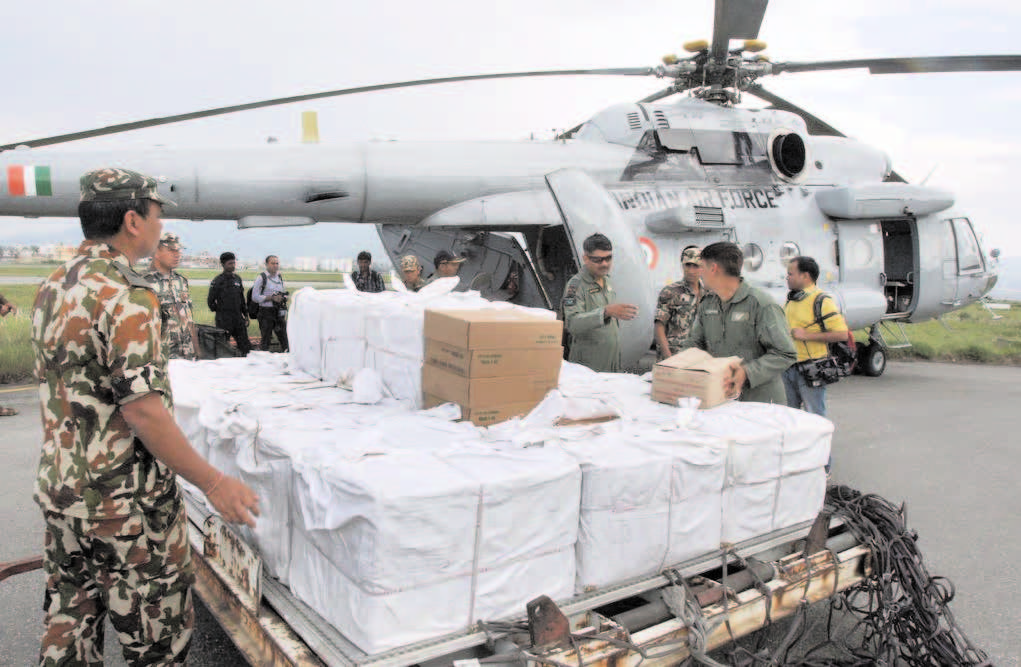
New Delhi (TIP):
India and Japan will seek to end impasse over the supply of Japanese US-2 amphibian aircraft to the Indian Navy during Prime Minister Narendra Modi’s visit to Tokyo from August 31 to September 3. Though the two countries have been negotiating the deal for a couple of years now, Japan’s reluctance to transfer technology to India has resulted in an impasse. New Delhi was insisting on provisions in the agreement that would facilitate co-production of the aircraft in the future.
New Delhi, however, expects that Modi’s Tokyo visit will lend momentum to the negotiation, as Prime Minister Shinzo Abe’s Government in Japan is keen to boost defence cooperation with India. Modi will hold the annual bilateral summit with Abe during his stay in Tokyo. He will also have an audience with Japanese Emperor Akihito. According to diplomatic sources in New Delhi, Tokyo of late had indicated its willingness to allow manufacture of some of the components of the US-2 amphibian aircraft in India.
The negotiators of the two countries are now discussing technical details, extent of the technology transfer and co-production that the proposed deal would mandate for, an official familiar with the talks told Deccan Herald. The US-2 amphibian aircraft is manufactured by ShinMaywa Industries of Japan. The STOL (short take-off and landing) aircraft is used by the Japanese Maritime Self Defence Force for sea and air rescue operations. Tokyo in 2012 offered New Delhi a civilian version of the aircraft, ostensibly to get around Japan’s strict self-imposed restrictions on sale of military hardware to other countries.
The two countries constituted a Joint Working Group to work out a deal and formal negotiations began in December 2013. New Delhi is keen to buy 15 US-2 aircraft, beginning with two to be flown in from Japan while the rest will be assembled in India. Each plane could cost approximately $115 million, said sources. The hurdle to the supply of military version of the aircraft was done away with, when Abe Government earlier this year announced its decision to end Japan’s half-a-century-old self-imposed ban on export of weapons system and sale of defence equipment to friendly nations that commit not to pass them on to a third country.
The new policy opened the doors for Japan’s defence companies to start coproduction with firms abroad. The second meeting of the Joint Working Group on US-2 in March saw Tokyo’s representatives amenable to New Delhi’s proposal to allow assembling of the aircraft and manufacture of some of its components in India under licence from ShinMaywa Industries.





Be the first to comment